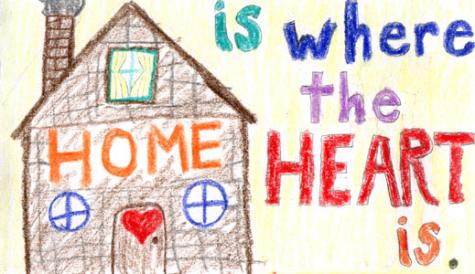Minister for Mental Health and Ageing, Mark Butler, was censured recently by a Sydney newspaper when he joked about the name of the suburb in which the Prime Minister stayed on her excursion to western Sydney last week - Rooty Hill. It caused embarrassment for the Prime Minister, outrage for her western Sydney based Ministers and MPs, and some inner city journalists described Minister Butler as "offensive".
But Mr Butler may well have hit on a very relevant issue when it comes to property prices.
According to a recent edition of Australian Property Investor, suburb names can have an initial impact.
"There are many factors at play when it comes to property prices," according to Helen Young, a real estate salesperson in Sydney.
"Location obviously. Amenity. Demand. Has something happened in that suburb, street or house? Does it have a funny name? Is it easy to pronounce? They are all relevant factors."
In the API magazine that raised the issue, deputy editor Shannon Molloy suggested that 'Toorak' could be regarded differently if it wasn't called 'Toorak'.
“If Toorak was known as something else, say Yorkeys Knob or Fannie Bay, would it make a difference?” he asked.
Looking at three distinct scenarios – stigma following a major event, the impact of innuendo and a sustained bad reputation – API poured over long-term price data to see if there was a link between name and fortune.
“Towns that experience a major event, such as Port Arthur in Tasmania and Snowtown in South Australia, might see a sudden reduction in buyer demand immediately after, which would correlate to median price slumps," said Mr Molloy.
Psychologists and branding experts concluded that despite initial misgivings and discomfort, demand typically bounces back eventually.
Even the infamous Snowtown Bank, where police found several bodies stored in barrels inside the vault, recently changed hands and delivered the seller a tidy profit.
Areas with an unfortunate or embarrassing name also aren’t necessarily worse off, Molloy says. Whether it’s Coffin Bay in South Australia, Innaloo in Western Australia or Rooty Hill in NSW, long-term growth looks to be driven by more traditional economic factors.
“Interestingly, the data suggests a place with a bad reputation will experience slower price growth. That’s probably driven by a lack of buyer demand."
“But how someone views any of these areas will depend on their background, life experiences and socio-economic circumstances, the experts told us," Mr Molloy said.
Ms Young agreed. "Our sense of home is about the area we live in as much as a property itself. I can understand people who live in Rooty Hill feeling defensive about Mr Butler's comments but I would be amazed if they were really offended.
"Fundamentally, I think their pride in where they live would far outweigh what someone else said or thought of it."

















__small.png)










